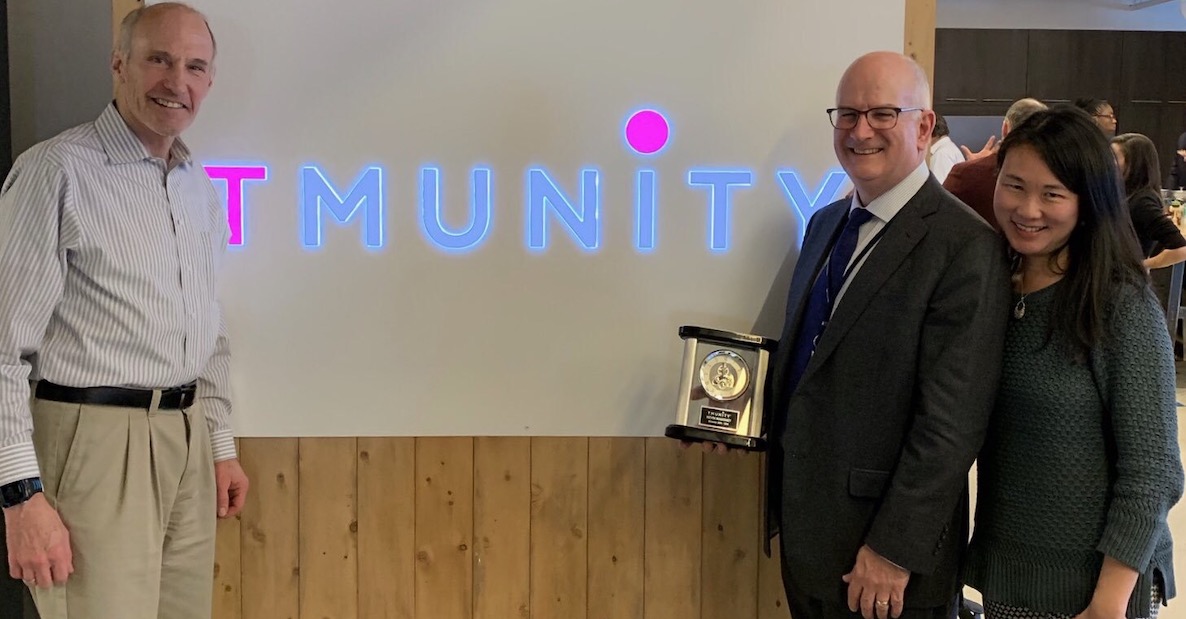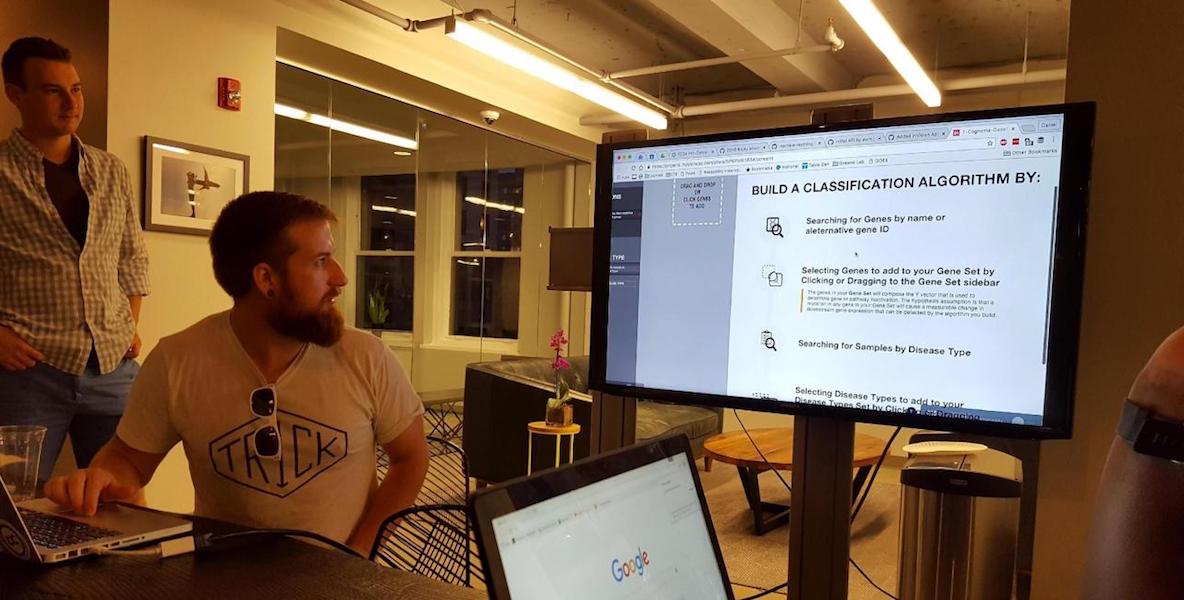I’m depressed. Pennsylvania depressed.
The State of Texas is close to approving the public funding of an additional $3 billion in taxpayer-backed bonds for cancer research in that state over the next 10 years. Reading a hot-off-the-press article about that was a stark reminder that Pennsylvania is at risk of falling further behind the country’s most dynamic states.
This Texas bill follows its original $3 billion bill for cancer research funding passed in 2007, which (by the way) attracted an additional $2.6 billion in follow-on funding from private investors and other grants, generated nearly 250 patent applications, and brought hundreds of researchers to the state, along with a 2018 Nobel Prize.
I don’t begrudge Texas. But shouldn’t the kind of large scale public funding we’re seeing in Texas be available in Pennsylvania? Through Penn, Wistar, and plenty of others, we’ve got the most advanced cancer research in the world.
The new bill will continue to help supercharge the Texas economy. In contrast, the Commonwealth of Pennsylvania has no programs of a fraction that magnitude to support this industry here.
Texas is a big state known for big ideas that, by the way, has racked up real annual GDP growth of 3 percent over the last 20 years, while Pennsylvania has punched in with a middling 1.7 percent. Last year, Texas knocked out a 3.2 percent number while Pennsylvania turned in a still-middling 2.1 percent.
![]()
Don’t get me wrong. I don’t begrudge Texas. I’m glad for any progress in cancer research. (I sit on the Board of Penn Medicine, where I’ve endowed a Professorship of Immunology.) But shouldn’t the kind of large scale public funding we’re seeing in Texas be available in Pennsylvania? Through Penn, Wistar, and plenty of others, we’ve got the most advanced cancer research in the world—the kind based on genetic engineering and immunotherapy.
Let me say that again: We … Lead … The … World. And we have the FDA approvals for these treatments to prove it. Penn has found what are in essence cures for certain forms of leukemia, multiple myeloma, and non-Hodgkin’s lymphoma—and based on this learning now has major efforts underway to tackle every other major form of cancer. With the breakthrough treatments developed here, patients who have struggled through treatments for years and are terminal can become cancer free in a matter of days.
Genetic engineering is an economic rocket ship. Supercharging our cancer research efforts could boost Pennsylvania into one of the leading states in the country and Philadelphia into one of the leading cities in the world. The success we could see here would dwarf anything that Amazon would have ever brought.
Because of the research breakthroughs that have occurred here, we’re starting to see a transformation of Southeast Pennsylvania into a hub for genetic engineering and immunotherapy. At last count, the region boasted 30 relatively new advanced genetic research and engineering companies, including the headline-grabbing Spark Therapeutics, all in an industry that more-or-less did not exist a decade ago. Add in the academic researchers, and we’re talking a multi-billion dollar biotech sector in Southeastern Pennsylvania with tens of thousands of employees, billions of dollars in annual research, and millions of square feet of office space.
![]()
We lead the world, but we won’t keep our lead for long if other states’ public investment and funding of research continues to so dramatically surpass ours.
Make no mistake, genetic engineering is an economic rocket ship. It’s one of a very short list of the industries which will remake the world’s future. Supercharging our commonwealth’s cancer research efforts could boost it into one of the leading states in the country and Philadelphia into one of the leading cities in the world. The success we could see here would dwarf anything that Amazon would have ever brought. But do we see any public funding for this industry comparable to the billions the city and commonwealth together were willing to hand Amazon? Or to the billions the state of Texas provides its researchers?
![]()
Nope. The number here is a lot closer to zero.
We have this opportunity sitting right in our laps. But this effort can’t just come from our economic development, business, or academic professionals, good as they are. This has to come from our legislative leaders. Governor Wolf understands the need, but it will take both parties to make this happen here.
The question is this: Will we be polite and middle-of-the-road and let this slip quietly through our fingers? Or will we invoke the spirit of Pennsylvania’s most prominent economic forebears—Franklin, Mellon, Carnegie, Girard, Morris, Westinghouse, Abramson, Bogle, Roberts, Lenfest and so many more—and act boldly?
Philanthropist and former banker Richard Vague is the author of A Brief History of Doom: Two Hundred Years of Financial Crises.
Photo via Penn Medicine








